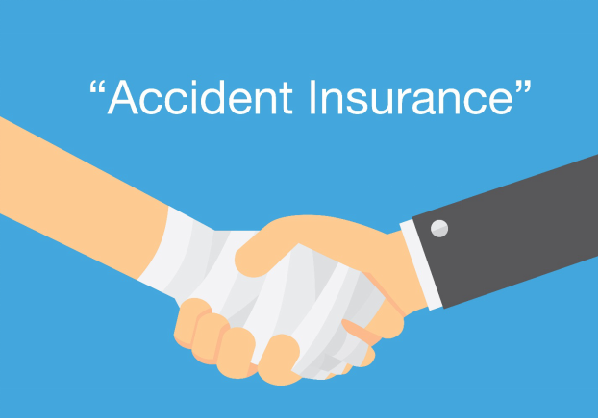Voluntary Benefits: Accident Insurance

Accident insurance can be offered as a voluntary benefit to employees. This Know Your Benefits article explains what accident insurance is, what it covers and how it works.
Accidents happen. Whether you suffer a concussion falling off a ladder, break your leg slipping on ice or dislocate your shoulder moving the couch, injuries can lead to costly medical care, loss of work time and various other related expenses. If you don’t want to be caught financially unprepared to handle an accident, consider accident insurance.
What Is Accident Insurance?
Accident insurance may be offered by your employer as a voluntary benefit. This insurance can help protect you financially in case of an accidental injury. Regular medical insurance won’t cover all the expenses that result from injury—at the very least, you will likely owe a deductible and copays—and accident insurance can help fill in those coverage gaps as you pay out-of-pocket medical bills.
You can use your accident coverage to pay for anything you need following a qualifying accident. Just remember that accident insurance does not replace your medical insurance; instead, it offers additional coverage and financial assistance.
What Does Accident Insurance Cover?
Accident insurance will deliver a payment to you for various qualifying incidents. These occurrences may include the following:
- Injuries such as fractures, dislocations, burns, concussions, cuts and lacerations, eye injuries, coma, torn knee cartilage, broken tooth, ruptured disc and paralysis
- Medical services and treatments such as ambulance (ground and air), emergency care, non-emergency care, hospital (admission, confinement and inpatient rehab), intensive care unit confinement, physician follow-up, therapy services, medical testing (X-rays, MRIs and CT scans), medical appliances, inpatient and outpatient surgery, and blood and blood plasma
- Family lodging and travel needs related to an accident and follow-up care
Some plans may also include accidental death and dismemberment (AD&D), which is sometimes available as an add-on to the accident insurance policy, although more commonly it is a separate plan altogether.
Accident insurance will likely not cover an accident or injury under the following circumstances:
- Suicide attempt or intentionally self-inflicted wound
- Acts of war, declared or undeclared, or active military duty
- Natural disaster
- Non-prescription use of controlled substances or consumption of alcohol
- Participation in illegal activity
- Participation in a professional or semi-professional organized sport, or driving in a race, stunt show or speed test
How Does Accident Insurance Work?
As a voluntary benefit through your employer, accident insurance will likely offer you a reduced premium rate that can be automatically paid through payroll deductions. Insurance benefits are paid regardless of other insurance coverage, such as a health insurance plan that might already pay a portion of your medical expenses.
After you submit a claim and any required verification for an accident, the insurance payment will be sent directly to you. Generally, the insurance will pay a one-time lump sum. Some plans pay out according to your expenses up to a maximum amount specified in the policy, while others simply pay out a predetermined amount based on the injury or accident type.
Accident insurance is used in addition to your regular health insurance, and, when you receive your insurance payment, you can use the benefit money for any of your expenses—medical deductible and copays, rent or mortgage payment, groceries, transportation, childcare or any other needs. The use of the money paid out following a claim is entirely up to you as you recover from your accident.
You will have to read your benefits carefully for any stipulations regarding waiting periods or provider networks, but typically you can receive benefits after visiting any doctor you choose as long as it is a qualifying accident and injury. Also, check with your plan to see if it has portability—generally, you should be able to keep your accident insurance even if you switch employers.
Although no one likes to think about accidents and injuries, consider preparing for the unexpected with accident insurance.